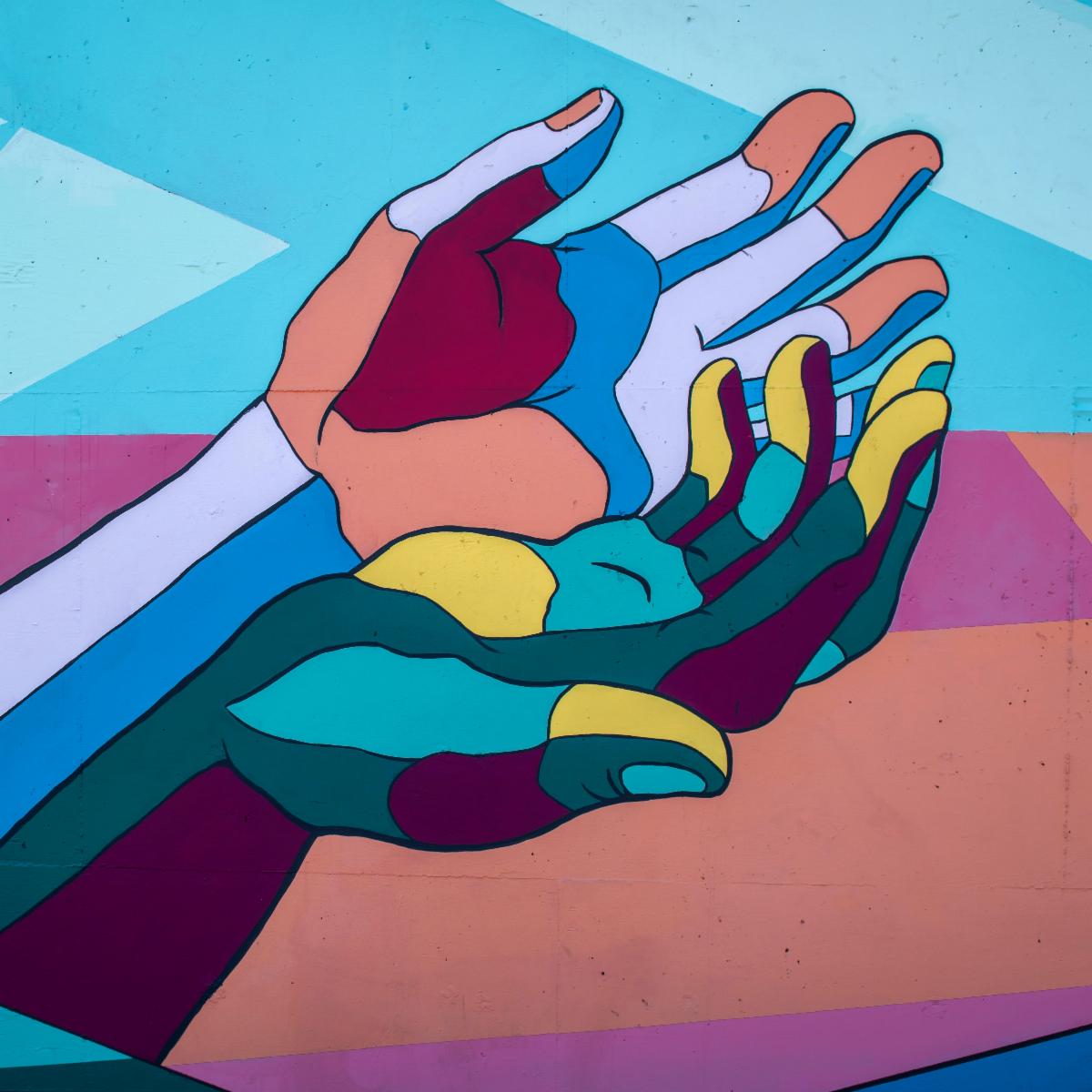Resistance, Curiosity, and Integration: Spiritual Formation and Identity Integration

We are a special subgroup formed to take a special look at where bias around gender, sexual orientation, and gender identity impact our ACPE Community. We are looking at how our language, experiences, and learned stories impact the ethics, certification, and accreditation processes. Over the next several months we will continue to listen to your stories and comply data to get a clearer picture of how gender and sexuality biases affect our community members. We have our own stories of course and they provide us with the motivation to take on this work to better our process for the next generations of educators and counselors. We welcome new members and stories from others who represent the gender spectrum. Please contact malu@allianceofbaptists.org for inquiries.
One such story comes from an ACPE CE we interviewed:
As a black queer woman in the world, my queerness wasn’t fully articulated or even explored until the CPE experience. I was in my late 20s when starting the process. I entered CPE as a seminary student and my seminary experience prepared me for the work of the integration of being a black woman in ministry. However, I did not have time to reflect on my sexuality and explore how to integrate it into my practice of ministry. I have observed this same pattern in most of my gender minority students and colleagues. What I am curious about currently as an educator is curriculum development around the objectives of pastoral formation and integration. These objectives invite students to explore how they are socially located in the world and how that relates to their relationships in the clinical and ministerial environment. In the state of current world events, I find it imperative that more explorative and integrated work is needed around understanding gender minorities and their crossing intersections. I am curious as to how to train the next generation of ministers to be more relational and not divided. And as I see it Pastoral formation is one of the foundational practices of integration in the CPE learning environment. It is the space where the unconscious begins the work of becoming self-aware of their story, their parallels, and intersections. Level One outcomes invite students to explore, reflect and articulate their stories with transparency and authenticity. This is not a simple task in adult education.
We appreciate the courage, journey, and vulnerability this ACPE CE provided to our group. While pastoral formation and integration objectives in our curriculum development are important to explore, we do wonder what we are intentionally doing individually as ACPE CEs. Our task and responsibility as educators are to invite students to be curious about their lived experiences and how that can impact their care for those they serve. How are we continuing to do that work when it comes to gender, sexual orientation, and gender identity? Are we expecting our students to do more of the work than we are willing to do ourselves? Where can we shake hands with our limitations of stretching our perceptions and unconscious bias? Do we recognize the harm we can cause and the power we bring with our words, bias, policies, and curriculum? As the SOGI task force, we believe this important work is difficult and we want to be a space of support. In the future, we will offer educational opportunities for us all to engage in as well as a survey to help us gather data and stories.
